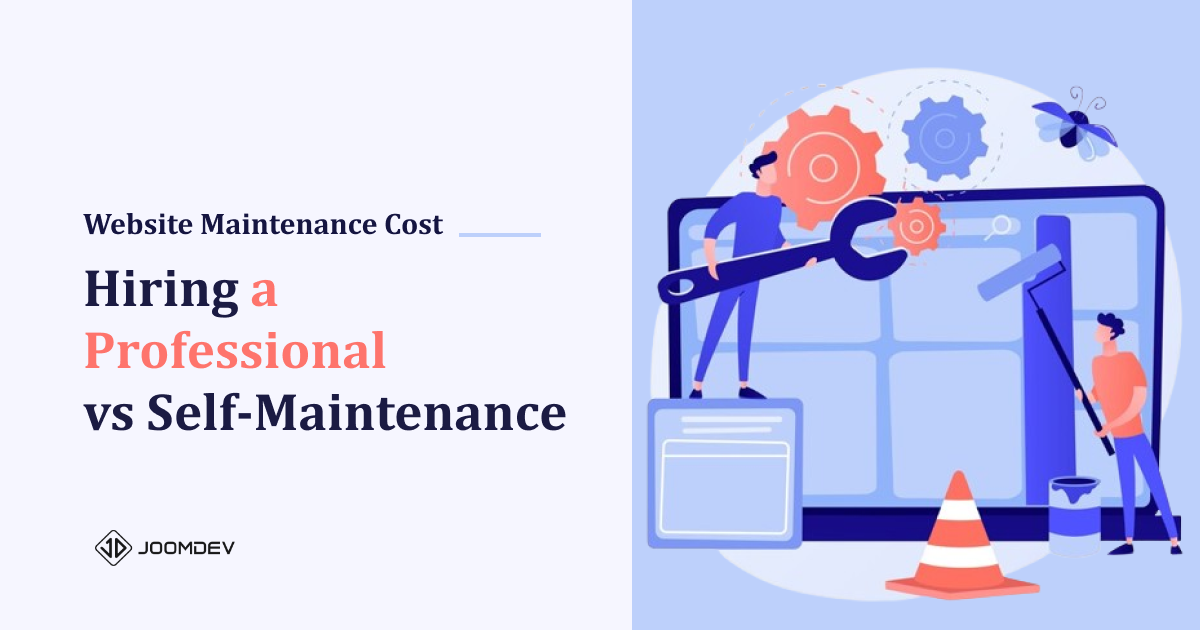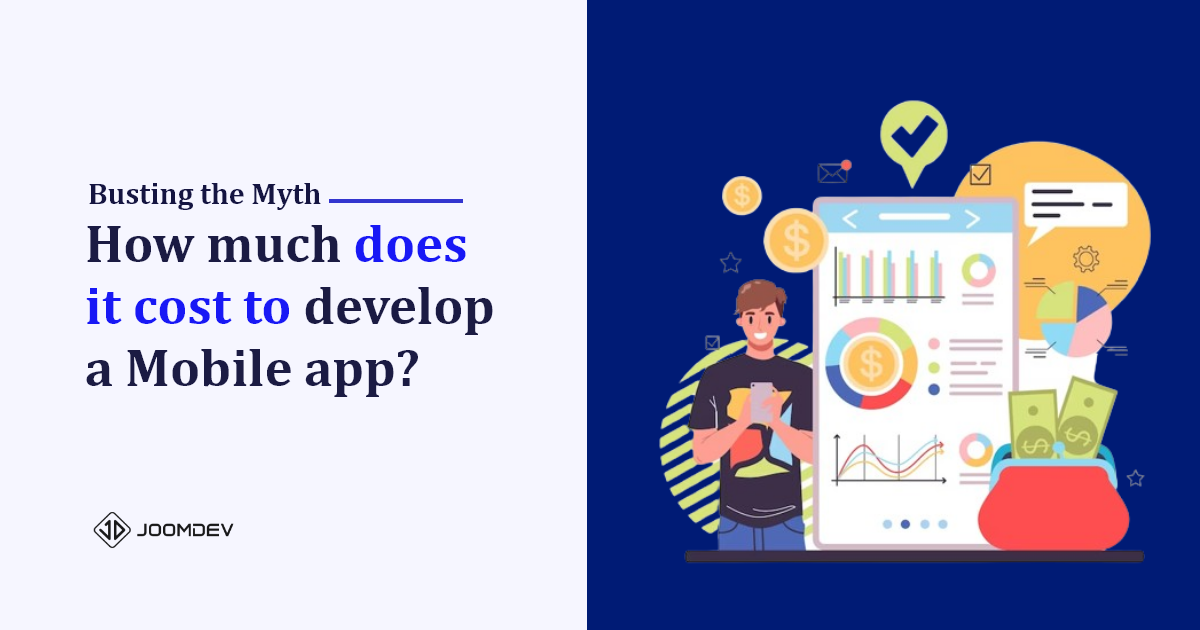Among the different online content management platforms available, Joomla is preferred for its flexibility and improved security. Yet, this doesn’t stop hackers from prying into your site’s vulnerabilities to exploit them. Regardless of the type of website and security level, websites are always susceptible to being hacked. It isn’t physically possible to make your website 100% hack-proof. All it takes is a pint-sized security hole in your website’s code to give complete access of your backend to the hacker!
Read on to understand possible loopholes that might expose your website to hackers, how to know if your website is hacked, what steps to take in case of hacking, how to prevent hacking attempts and learn about the various Joomla security extensions to conceive a secure Joomla site.
Your Joomla site may be hacked if any of the following conditions occur:
- You automatically get logged out of your admin account
- You notice new admin names appear
- Site meta description reads “This site may be hacked” on making a Google search
- DNS redirection from your website
- Slow loading of webpages
- You notice a suspiciously high amount of site traffic
- Your Joomla site has been blacklisted by Google as ‘malware’ or ‘phishing’
- You notice spam on your site that didn’t appear earlier
Prevent Your Joomla Website
So how did your Joomla site get hacked?
A Joomla site can get hacked due to the vulnerabilities of plugins, weak passwords or outdated extensions. One of the most common security mistakes is continuing to use the default username ‘admin’ which is created when Joomla is first installed. This simply eases the hacker’s job as they can use brute-force attempts to very likely hack into your site.
Phishing
Another common hacking method is phishing. A genuine user might see just the usual webpage, however, it may be a fake page. An unadvised user then simply enters his/her credentials into the page. This information is then utilized by the hacker to hack into the site. Phishing is usually done by masking the original webpage with fake login portals, email option, and fake updates.
Weak Website Security
Weak website security leads to making your site prone to attacks. Various security systems are available online. While the low-end ones provide basic security, high-end software would be a better option when it comes to website security.
JavaScript Injection
A JavaScript injection could result in your Joomla site being hacked. At times, a crack in your site code may lead to a JavaScript injection. This basically makes your website predisposed to manipulation. It can insert fake forms in your website, steal user cookies, alter the site appearance, cause fake redirects and spam on your site.
Insecure Server
One of the other reasons for your Joomla site being hacked could be due to a misconfigured server. Due to improper permissions on the server, an attack can be made on your Joomla site. Multiple things can wreak havoc in the server including having weak credentials, open ports, outmoded installations, unprotected DNS server.
In cases where multiple websites share one space without subnetting if one site is infected, it spreads to all of them. It is thus crucial for timely checking of the server installations.
What to do if your Joomla site is hacked?
Here are a few methods to help you clean-up the hacker’s mess and ensure that your Joomla site is secure.
Update your Joomla & extensions
This is a basic yet often overlooked method. Make sure that all your Joomla plugins and modules are updated. Ensure that the server software is also up to date. See to that Automatic Updates are always turned on.
Database Clean-up
This is the first step to cleaning up your hacked Joomla site. Identify rogue users within the database and remove them. A more secure step would be to remove all user accounts except the Super Administrator account. Then assign a more secure username and password to that account. Further, restricting the permissions to the database allowed for the account. Keep in mind to always use type casting wherever possible.
Secure the Server:
As mentioned earlier, insecure servers can lead to a Joomla hack. Few key tricks you can perform are closing any and all open ports, remove unused subdomains, regularly check for configuration issues, assign random and stronger passwords to the database and FTP accounts. Enable the firewall or any security solution. If multiple sites share one server, employ subnetting or use a VPN.
Verify Versions:
Use a version verification tool and check your site for any modifications to core Joomla files. If you notice disparities, replace them with the authentic file versions.
Is there a way to prevent Joomla site from being hacked?
Of course, it is impossible to make your Joomla site 100% secure. However, you can always follow preventive steps to help secure your site.
- Use the strong and reliable username and password for Super Administrator
- Make sure that you’ve installed the latest versions of Joomla core and any other Joomla extensions
- Avoid installing any unnecessary extensions
- Regulate file paths and restrict directory permissions
- Use a security key to log in to the Admin account
- Ensure to regularly back up your site onto a reliable Joomla extension
- Enable a web application firewall
- Strengthen PHP configuration
- Systematically monitor your Joomla site
- Enable Search Engine Friendly (SEF) URLs as this masks the information available to a hacker
- Don’t set file or directory permissions to 777 as this allows everybody to write data and hackers may very well exploit it. All files should have appropriate CHMOD configuration too.
- Uninstall nulled templates and plugins that aren’t in use anymore and haven’t been updated in a while.
You can always opt for a cloud-based security service like My Joomla, Cloud Flare, SiteGuarding. These platforms block deleterious requests reaching your web server.
Additionally, you can employ a variety of Joomla security extensions to increase site security. We have compiled a few of the useful extensions available.
Brute Force Stop
It helps prevent your site from being hacked by a brute-force approach. It logs failed login attempts which you can review and take prompt action. You have the option to set up a notification alert during a failed login and blocked IP addresses.
Akeeba Backup
It enables you to back up with one click, excludes specific files/directories and restores. The best part of this extension is the convenient creation and management of backups for your Joomla website.
R Antispam
It used to prevent spamming in forums. It is based on the Bayesian algorithm and works more effectively with Akismet.
Incapsula
Using Incapsula for Joomla, you can manage the security of your site and CDN from your Joomla admin. Incapsula offers performance with protection. Some of its salient features include instant virtual security patching, detecting vulnerabilities, advanced analytics, exclusive bot detection technology to reduce spam.
AntiCopy
It restricts web page printing, copying page contents, right-click option and copy functions using JavaScript. This plugin helps you to secure your Joomla site content from being misused.
kSecure
This allows you to use an additional security key to login to Joomla Admin. It acts as a login protection extension by requiring a security key every time you need to access the login page. It is usually in the form of a secret word after an administrator?
It would look like this,
example.com/administrator?naveen
Here, ‘naveen’ is the secret key. If this isn’t used, you are automatically redirected to the home page.
Antivirus Website Protection
This is a website security software by SiteGaurding that prevents/detects and removes malicious threats, viruses, and suspicious codes. It can help you detect Trojans, worms, adware, spyware, etc.
It is crucial that every website owner should be aware of the threats and risks and take steps to secure their site. Particularly in Joomla, improving site security is important since it is based on an open source content management system and thus is more vulnerable to threats.








